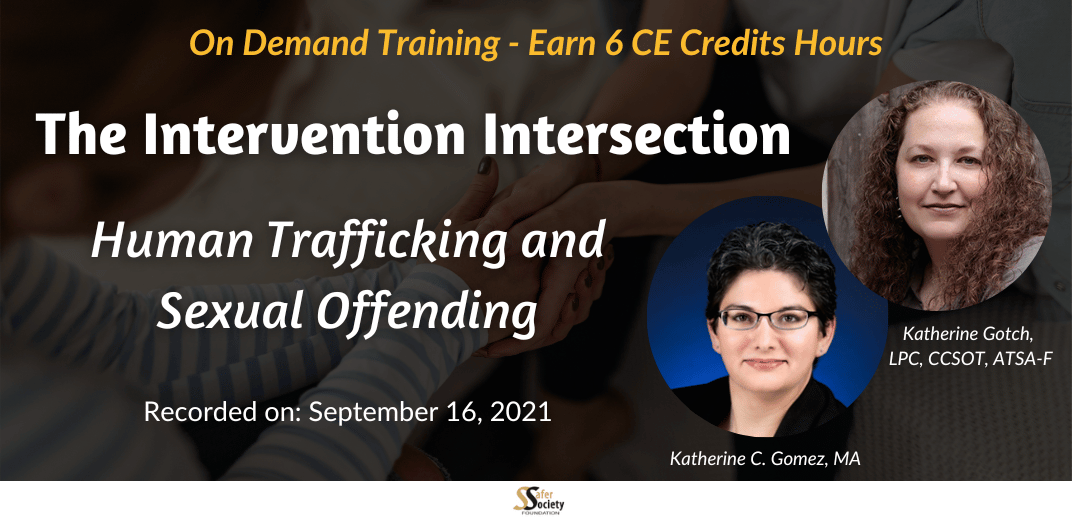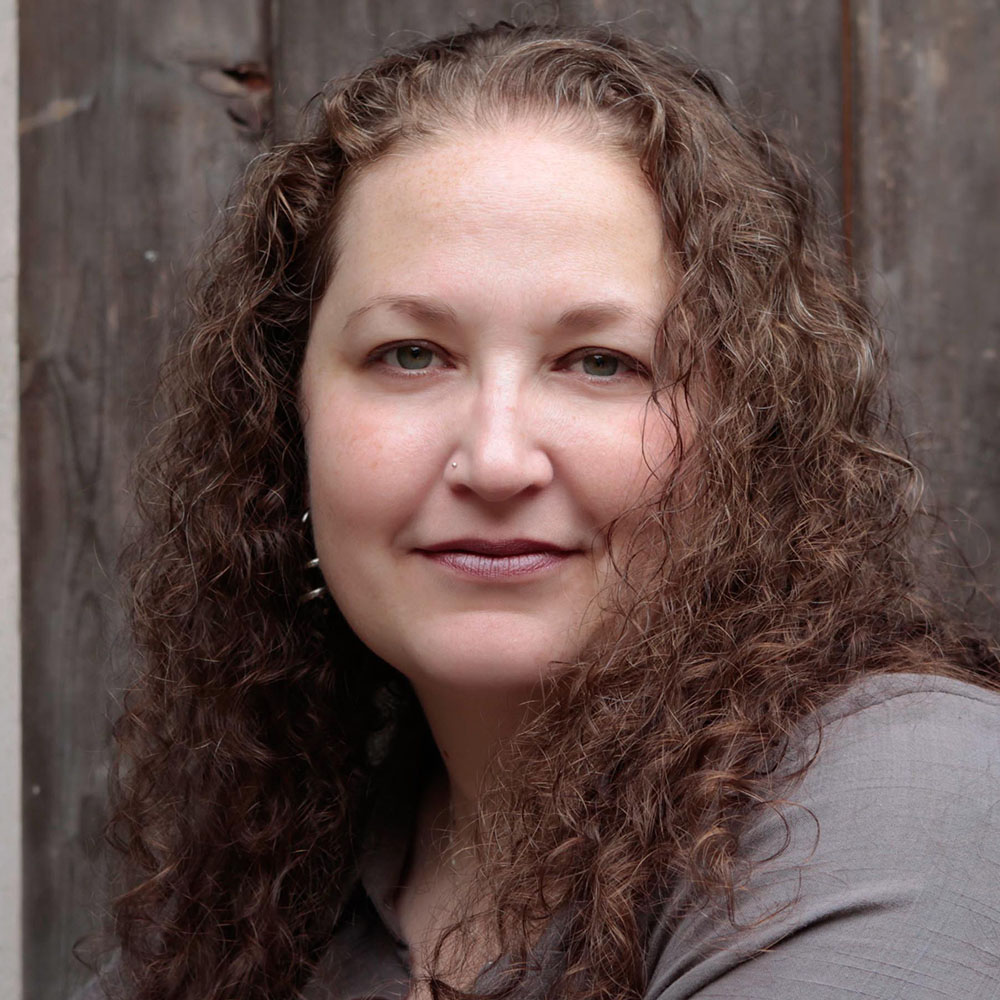
The Intervention Intersection: Human Trafficking and Sexual Offending
Already purchased an On Demand training?
Click here to access your Safer Society On-Demand Training Center account.
There has been an increased awareness and focus on human trafficking within the United States in recent years, with individuals convicted of sex trafficking crimes often being classified as “sexual offenders” within the criminal justice system. However, very little is known about the psychological characteristics or criminogenic risk/need factors of this offender population. This session provides introductory training on domestic and international human trafficking, with a focus on sex trafficking of adults and children, followed by an overview on the current research related to perpetrators of domestic sex trafficking in the United States. The session also provides practical guidance and strategies for the assessment, treatment, management and supervision of perpetrators of domestic sex trafficking and victims of trafficking.
Topics covered include:
- Overview of human trafficking
- Intersection of human trafficking and other sexual offending with implications for professionals
- What we know and don’t know
- Psychopathy and related typologies
- Effective practice (with case examples)
- Evidence-informed and individualized approaches
- Case examples and Q&A
1) List and describe two major types of trafficking.
2) Describe common risk factors trafficking victims possess.
3) Discuss the implications of trafficking on sexual offense specific assessment and treatment.
4) Identify the psychological characteristics and criminogenic risk/need factors for perpetrators of domestic sex trafficking.
5) Plan and implement strategies for the appropriate assessment, treatment and management of perpetrators of domestic sex trafficking.
6) Describe the federal definition of human trafficking and implications for professionals.
7) Identify how human trafficking intersects with other forms of sexual offending.
8) Describe how human trafficking can result in “trauma bonds” between victim and trafficker.
Audience
This training is for professionals working with people who have experienced complex trauma as well as people who have perpetrated abuse. Professionals who will benefit from this training include social workers, psychologists, clinical counselors, and interested paraprofessionals.
Content Level
Disclosure
Continuing Education Approval
American Psychological Association (APA)
Safer Society Foundation, Inc. is approved by the American Psychological Association (APA) to sponsor continuing education for psychologists. Safer Society Foundation, Inc. maintains responsibility for this program and its content.
Association of Social Work Boards (ASWB)
The Intervention Intersection: Human Trafficking and Sexual Offending, Course #5114, is approved by the Association of Social Work Boards (ASWB) Approved Continuing Education (ACE) program to be offered by Safer Society Foundation, Inc. as an individual course. Regulatory boards are the final authority on courses accepted for continuing education credit. ACE course approval period: 08/01/2023 – 08/01/2025. Social workers completing this course receive 6 clinical continuing education credits.
Who's Presenting

Katherine C. Gomez, MA
Katherine Gomez holds a BA from the University of Florida, MA from the University of South Florida, and is currently a PhD candidate at the University of Central Florida. She has served Florida since 2006 as a juvenile probation officer, trainer, researcher, and administrator. She specializes in working with youth who have experienced human trafficking, sexually marginalized youth, youth who have committed sexually-related offenses, and high-profile multijurisdictional cases. Ms. Gomez is currently a candidate for her Ph.D.

Katie Gotch, LPC, CCSOT, ATSA-F
Katie Gotch is a Safer Society Collaborator. She has worked in the field of sexual abuse prevention for well over twenty years as a clinician, evaluator, trainer, educator, and in the development of evidence-informed public policy. Katie currently maintains a private practice, Integrated Clinical & Correctional Services, which provides specialized clinical and consultation services related to individuals with sexual behavior problems and other forms of abusive/violent behavior. She frequently provides training to correctional agencies, treatment providers, policy makers, and other community partners on sexual abuse specific assessment, management and treatment; static and dynamic risk; public policy; public/media engagement; and related topics. She is a certified Static-99R/STABLE & ACUTE-2007 trainer. Katie has a long history of public policy and board involvement; She has served as the Public Policy Executive Board Member for ATSA, as a Board Member for NPEIV, and as the Policy Advisor for OATSA.
